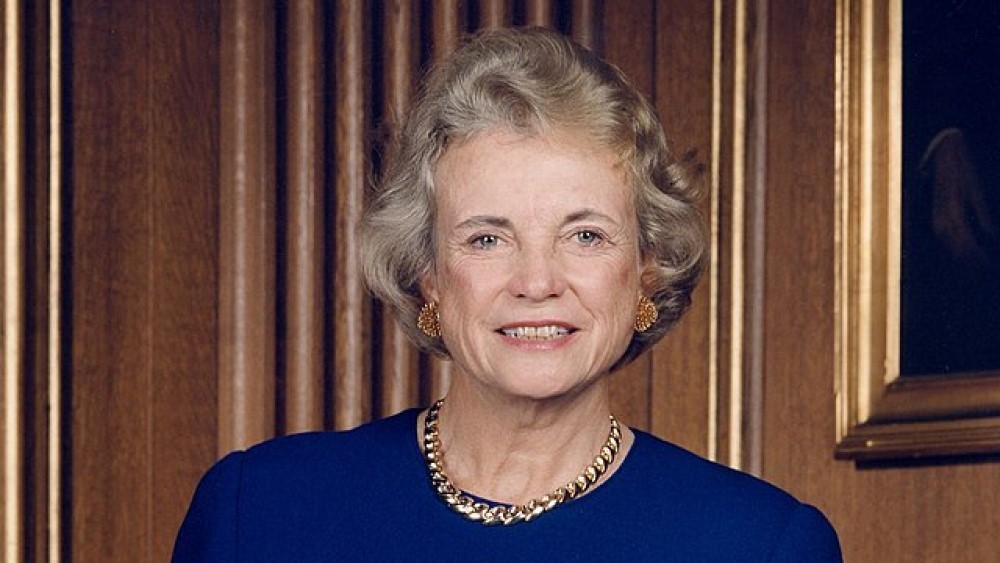
Retired Justice Sandra Day O'Connor, the trailblazing first woman to sit on the Supreme Court, passed away in Phoenix at the age of 93. O'Connor succumbed to complications related to advanced dementia, likely Alzheimer's, and a respiratory illness. The former justice withdrew from public life in 2018 after being diagnosed with dementia.
O'Connor, who received her appointment from President Ronald Reagan in 1981 and held it for 24 years, made history as the first woman to serve on the Supreme Court. Known as a crucial swing vote, she played a pivotal role in divisive cases, including those involving abortion and affirmative action. Despite her significant contributions, the court, in later years, reversed landmark decisions related to abortion rights and race-conscious college admissions programs.
Born in El Paso, Texas, in 1930, O'Connor grew up on her family's cattle ranch in southeastern Arizona. She graduated from Stanford Law School in 1952, where she met her husband, John Jay O'Connor. Overcoming gender bias, she began her legal career in California and later entered politics. In 1974, she became a judge on the Maricopa County Superior Court, eventually moving to the Arizona Court of Appeals.
Reagan fulfilled his promise to appoint the first woman to the Supreme Court when he nominated O'Connor in 1981. Confirmed unanimously by the Senate, she became a trailblazer, inspiring a legacy as a public servant and advocate for civics education. O'Connor retired in 2006 to care for her husband, who had Alzheimer's.
In her post-retirement years, O'Connor founded iCivics in 2009, focusing on advancing civil learning. Her commitment to civic education earned her recognition, including the Presidential Medal of Freedom from President Barack Obama in 2009.
President Biden described her as an "American icon" committed to the "stable center" and praised her dedication to the rule of law. Current justices, including Chief Justice John Roberts and Justices Elena Kagan, Ketanji Brown Jackson, and Amy Coney Barrett, acknowledged O'Connor's influence on American constitutional law and her distinctive approach to the position of a Supreme Court justice.
O'Connor's open letter in 2018 revealed her Alzheimer's diagnosis, expressing gratitude for the opportunities she had as an American. Reflecting on her journey from a young cowgirl in the Arizona desert to the first woman justice on the Supreme Court, O'Connor's legacy remains indelible.
